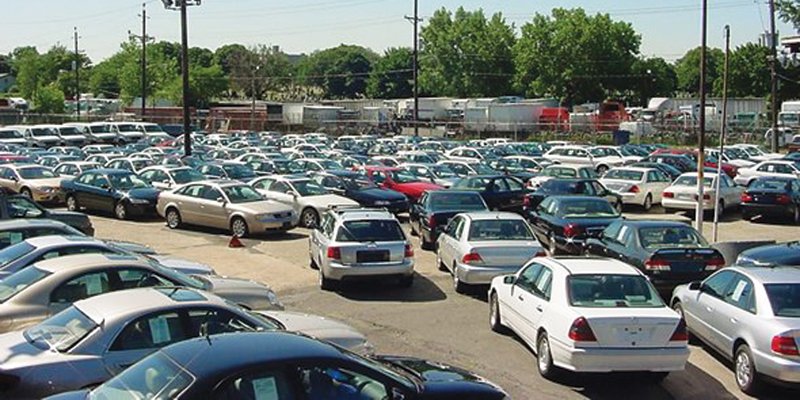Honeymoon over for pre-owned car dealers
The Government has removed pre-owned vehicles from goods that can be imported into bonded warehouses while the vehicles that have already been imported shall be disposed of within six months starting from December 1, this year.
This is part of a cocktail of measures being taken by the Government to enhance revenue collection
The current law provides for the warehousing and securing of goods in appointed and licenced bonded warehouse facilities, without payment of duty, subject to other prescribed conditions. Goods imported into bonded warehouses must be cleared within a maximum period of two years. Most car sales in Harare are bonded warehouses.
“Pre-owned vehicles imported into bond constitute idle capital, which can be productively utilised elsewhere,” Finance and Economic Development Minister Mthuli Ncube said.
“In other cases, funds for the purchase of such vehicles are obtained on the parallel market, thereby perpetuating speculative and arbitrage opportunities. Therefore, I propose to preclude importation of pre-owned motor vehicles from goods that can be imported into bond.
‘‘I, further, propose that, in the case of pre-owned vehicles that are already in bonded warehouses, such vehicles should be entered into consumption within six months beginning December 1, 2021, failure of which such vehicles shall be forfeited to the State,” Ncube added.
Ncube also said while special excise duty is chargeable at prescribed rates on pre-owned motor vehicles upon disposal or transfer of ownership, the buyers have no time frame within which to pay excise duty after assessment of tax liability, thus, prolonging the period of payment.
“In order to preserve value, I propose to compel buyers of pre-owned motor vehicles to pay Special Excise Duty within 30 days from date of assessment, after which interest and penalty are chargeable on the outstanding tax.
“Furthermore, the buyer is precluded from taking up insurance in the name of the seller, if transfer has not been effected,” said Ncube.
This measure takes effect from January 1, 2022. Zimbabwe has a huge market for secondhand cars mostly imported from Japan. The government once contemplated raising import levies on all pre-owned cars to curtail grey imports and
create the market for new vehicles.
Between 2009 and 2016, Zimbabweans spent as much as $4,5 billion on second-hand cars, an average of $566 million per year, according to the Zimbabwe National Statistical Office.
In April this year, the Government outlawed the importation of vehicles older than 10 years in a move that is meant to boost the local motor industry, reduce the import bill, and cut greenhouse emissions.
Under Statutory Instrument 89 of 2021, second-hand vehicles manufactured 10 years ago, except commercial vehicles and those for agricultural purposes, are no longer allowed into the country.-eBusiness Weekly











